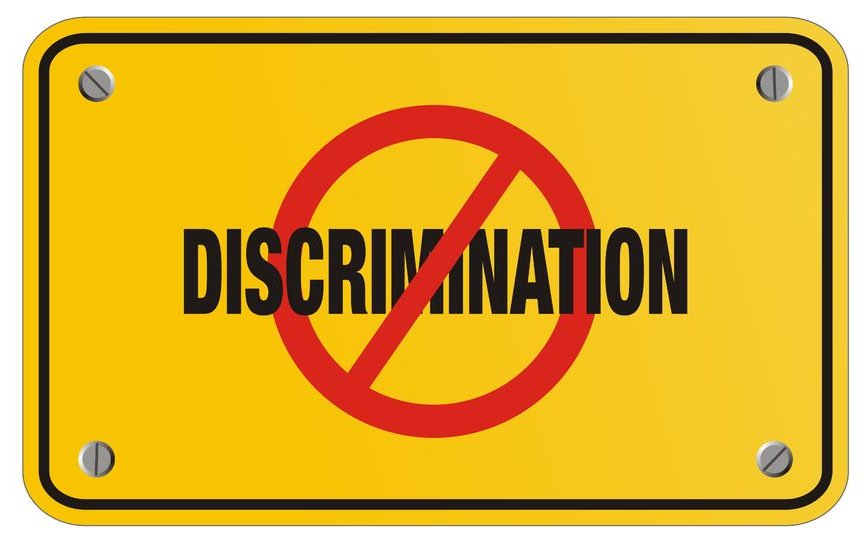Given the current political climate, talk can often turn to politics.
This can create healthy debate, or it can lead to fiery arguments.
So what can employers do to ensure that politics doesn’t cause problems in the workplace?
Grievances
As tempting as it may be to ban people from talking about highly divisive topics, such as Brexit, it is simply not practical to do so. However, if managers do notice any disagreements or inappropriate jokes, nip these in the bud as quickly as possible to avoid them escalating. If you receive complaints that a colleague is expressing views that they are finding offensive, you should deal with them in line with your internal grievance procedure

Social Media
It is important to have a clear and robust social media policy.
This should set out that an employee’s behaviour on any social networking site must be consistent with the behaviour required of employees generally.
They should take particular care not to behave in a way which reflects badly on their employer.
Dismissal
When dismissing an employee, employers will be required to show that they have a fair reason for dismissal and have acted reasonably in the circumstances in treating it as a sufficient reason for dismissing the employee. They must have also followed a fair procedure.
A dismissal because of political affiliation or opinions is not a ground in itself for dismissal. It needs to relate to an employee’s conduct or capability; redundancy; a statutory restriction that prevents the employment continuing or some other substantial reason.
Depending on the individual circumstances of the case, it may fall within the scope of some other substantial reason. For example, if customers or service users boycott your business due to the employee’s extremist political beliefs and actions, it may be fair to dismiss the employee.
Misconduct
Equally, it may fall within the scope of misconduct. For instance, if the employee is incessantly talking about their xenophobic views and offending colleagues or undertaking campaigning instead of completing their work duties, this may constitute misconduct and merit disciplinary action, including dismissal.
The Enterprise and Regulatory Reform Act 2013 enables unfair dismissal claims in relation to an employee’s political affiliation or opinion to be submitted without having two years of continuous service, which is the general norm for these types of claims.
Before taking action, contact your Employment Law Adviser for guidance and support.
Discrimination
Belief is a protected characteristic under the Equality Act. This means that employees are protected from direct or indirect discrimination, harassment and victimisation due to their belief.
In the Employment Code of Practice, it says the following: “A belief need not include faith or worship of a God or Gods, but must affect how a person lives their life or perceives the world”.

Employment Code of Practice
Protected
For a philosophical belief to be protected under the Act, the Code also says:
- it must be genuinely held;
- it must be a belief not an opinion or viewpoint based on the present state of information available;
- it must be a belief so as to be a weighty and substantial aspect of human life and behaviour;
- it must attain a certain level of cogency, seriousness, cohesion and importance;
- it must be worthy of respect in a democratic society, not incompatible with human dignity and not conflict with the fundamental rights of others.
It is widely accepted that supporting a political party or membership of a specific political party is not a philosophical belief. However, if the employee has a belief in a political philosophy which has a significant impact on their life, this may be enough.
It is likely, however, that any political belief that would be based on racism would not be protected under the Act as they would not be considered worthy of respect in a democratic society.
Remember that under the Equality Act, there is no minimum length of continuous employment required to make a claim for discrimination and there is no cap on compensation that can be awarded.
Ellis Whittam’s 5 top tips when dealing with politics in the workplace:
- Have clear policies in place on harassment and social media. Ensure they set out the consequences if they violate the rules.
- Remind employees to be respectful of others. They should understand that it’s their duty to ensure that their behaviour does not step out of line and to stop their comments or actions if they are told they are offensive or unwanted.
- Make sure that you and your senior management team lead by example.
- If someone raises a concern about bullying and harassment, make sure you deal with it in line with your grievance procedure.
- Provide training to managers so they can recognise and identify issues, stop issues escalating further and can deal with challenging situations if they do arise.





